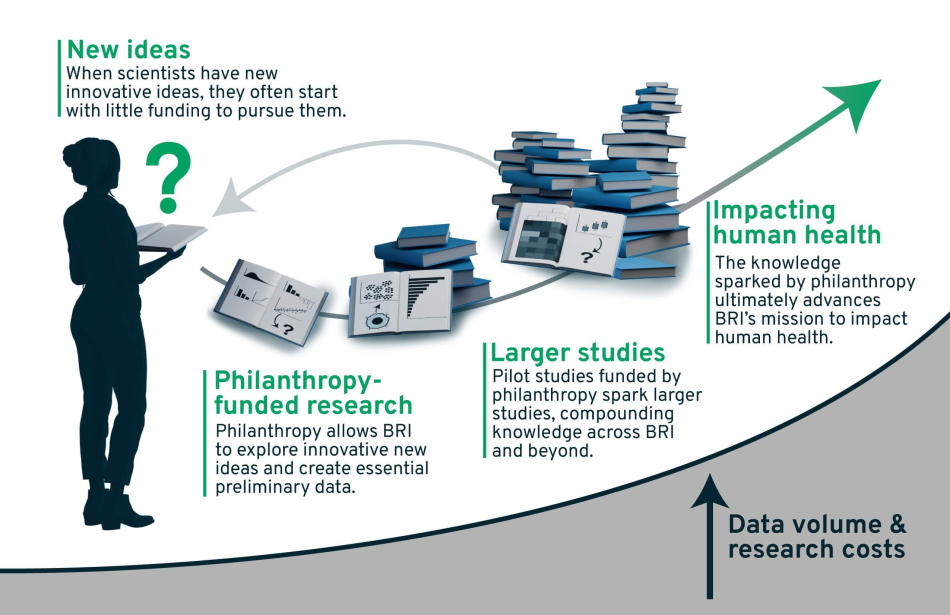Artificial Intelligence (AI) and Machine Learning Fuel Research
Using EHR data in research is not a new idea. But for a long time, there was a core challenge: Hospitals and clinics use different conventions to track patient data. Because records are formatted in different ways, using EHR data was challenging because converting it into a usable format would take too much time.
Enter AI and machine learning. These tools can clean, sort and reformat the data in no time. That allows scientists like Dr. Byrd to mine these huge data sets for meaningful patterns. They can ask all kinds of questions — like is it safe for people to take two medications at the same time? Or do people with certain conditions have more side effects when taking medication?
“Some companies are even exploring using EHR data as the control arm of studies. This would allow trials to move faster because you wouldn’t need to enroll a separate control group, you could just mine existing patient data,” Dr. Byrd said.
Exploring Questions in Cancer and Autoimmune Disease
In their pilot study, Dr. Byrd and Dr. Speake will pose two questions:
Do antibiotics make checkpoint inhibitor therapy less effective for colorectal cancer?
Checkpoint inhibitors are a groundbreaking cancer treatment that harnesses a patient’s own immune system to fight off cancer. But studies in patients with melanoma and other cancers suggest that antibiotics may make checkpoint inhibitors less effective. Dr. Byrd will explore whether this holds true for colorectal cancer.






